Joining the revolution at the age of 17, Colonel, People's Armed Forces Hero Nguyen Van Tau (alias Tu Cang) experienced two resistance wars against French colonialism and American imperialism. He spent many years working as an intelligence officer in the inner city of Saigon. Regardless of the circumstances or position, he always completed his tasks excellently.
Deep in enemy territory
One day in April 2025, we met Mr. Tu Cang at his home. The house he lives in is as simple as his life, nestled next to a canal leading to Thanh Da peninsula, Binh Thanh district, Ho Chi Minh City . His virtuous wife passed away a few years ago. At the age of 97, he lives alone, with his daughter who lives nearby regularly supporting and taking care of him. Despite his old age and weak health, he still has a clear and sharp memory when recalling historical events, milestones, and trips to and from Saigon's inner city 50-60 years ago.
In 1961, when he was still a Political Commissar of the 338th Division Company stationed in Xuan Mai, he was transferred to the South to conduct intelligence activities. His unit provided a vehicle to take him to about 3-4km from the 17th parallel. From there, he continued to travel with his comrades for more than 100 days by road, crossing Truong Son to the South, to War Zone D (Dong Nai), to the Central Office of the South, and then to Cu Chi. From Cu Chi, Hoc Mon, as the Head of the H63 Intelligence Group, he commanded the intelligence and traffic network, including Pham Xuan An, My Nhung... to organize the collection and transfer of strategic intelligence information from bases in Saigon to the base.
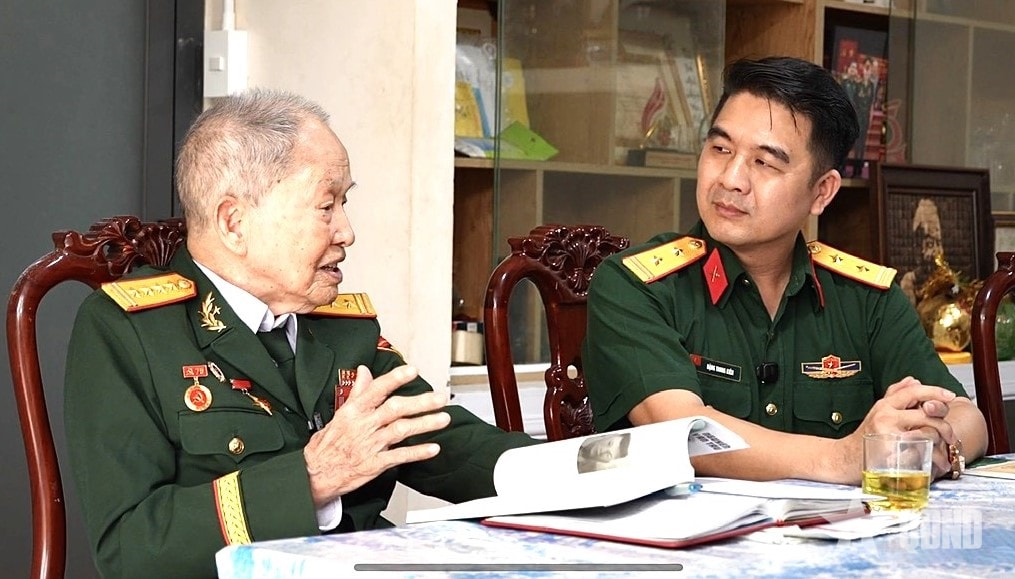 |
| Colonel, People's Armed Forces Hero Nguyen Van Tau (left) talks about his days of intelligence activities. Photo: LE HAI |
In 1965, the US escalated the war, sending hundreds of thousands of troops to the war with modern equipment and weapons. The task of gathering intelligence to serve the revolution posed very high demands at this time, especially strategic intelligence. Knowing French and English and having a lot of experience, he was assigned by his superiors to go directly to Saigon to operate and direct the H63 intelligence network. From then on, Tu Cang often "entered" Saigon with many covers to facilitate his activities, to deceive the enemy, such as rubber plantation owners, interpreters, relatives of powerful and wealthy people...
He said: "Every time I met Pham Xuan An, who was then a reporter for the American Time Magazine, I often drove a car, dressed smartly, and pretended to be a rich rubber plantation owner in Dau Tieng. Knowing that An liked to play with birds, I often brought a bird as a gift, chatting animatedly so that those close to An did not suspect anything. Such visits were occasions for An and I to secretly exchange strategic intelligence information."
To operate safely for many years in the inner city of Saigon, Tu Cang had to stay in many places, with many covers, relying on the people in the inner city. He often told his teammates that operating in the inner city was "as good as dead", because traps and dangers could strike at any time. The place where Tu Cang stayed the longest was the house of Mr. Nguyen Dang Phong, the father of female special agent My Nhung (alias Tam Thao) who operated with the H63 Intelligence Group network.
Mr. Dang Phong was a wealthy and famous fabric shop owner in Saigon. My Nhung was a beautiful, talented, educated girl who worked as an interpreter for the staff agency of the puppet Navy Command. Mr. Tu Cang stayed at Mr. Phong's house and created a cover as My Nhung's lover, husband, and brother, so his meetings and contacts with American subjects did not arouse any suspicion and it was also easy to receive strategic intelligence information that My Nhung collected from lustful American officers.
Return to fight on the day of victory
During his years of working in Saigon, Mr. Tu Cang could not remember all the times he "went in and out" of the inner city with all the dangers. But the most memorable and emotional return to Saigon was during the rapid days of the Ho Chi Minh Campaign and on the day of total victory. That return, he did not have to wear any cover, but was in the position of commanding a unit attacking key points, opening the way for the troops to enter the center of Saigon.
Back in early April 1975, Lieutenant Colonel Nguyen Van Tau was attending a supplementary course for senior political cadres at the Political Academy. The course was scheduled to end in March 1976. At this time, the battlefield situation in the South was continuously gaining many victories. Mr. Tu Cang and the students in the South heard the news and were burning with excitement, hoping to return to the South to fight.
One afternoon, while reviewing his lessons, Tu Cang received an order to meet his superior. Mr. Tu Cang recalled the meeting that day: "I heard the directive from the General Department of Politics, asking me to prepare to go to the South to fight. When I heard the news, I was overwhelmed with joy, quickly said thank you and then ran back to the camp, forgetting to greet my superior. I quickly packed up some belongings and personal belongings and said goodbye to the students, my heart filled with emotion, I could only say in farewell: Go to the South, go to the South to fight the enemy!".
On April 15, 1975, Mr. Tu Cang left Hanoi along Highway 1 to the South. This was the fourth time he traveled across the country with so many emotions. The first time was in August 1954, he received the task of regrouping to the North. The second time was in December 1961, he crossed the 17th parallel to return to the South to do intelligence work. The third time was to go back to the North to study for the political commissar of the division at the end of 1973. And this time, when the opportunity to liberate Saigon had come, passing through the cities and hometowns that were liberated, filled with joy, he returned to the South with special emotions. The situation on the battlefield in the South was favorable to us, that was the reason Tu Cang was in the middle of his studies but was mobilized by his superiors to return to Saigon to participate in the fight, because he was someone who had worked in the inner city of Saigon for many years, was very knowledgeable, had a good grasp of the roads, key points as well as the inner city situation.
Upon arriving in the South, Tu Cang was appointed Political Commissar of the 316th Special Forces Brigade, Regional General Staff (B2), with the task of pioneering in capturing important enemy bases, paving the way for main units to attack Saigon in the Ho Chi Minh Campaign. In that position, he led and commanded the unit to capture and hold Rach Chiec Bridge, the gateway to Saigon's inner city from April 27 to the morning of April 30, crushing the enemy forces concentrated there, paving the way for the 2nd Corps to advance straight into capturing the headquarters of the Saigon puppet government, forcing puppet President Duong Van Minh and the Saigon cabinet to surrender unconditionally, ending the puppet regime and its lackeys.
Burn forever and spread revolutionary spirit
The April afternoon shadows falling on the flowing canals softened the space as the sunlight of the changing seasons. From Thanh Da bridge, looking towards the city center, tall buildings towered close together. The city was full of strength and momentum for development in the new period. Mr. Tu Cang told us: "The arduous resistance war, the war ended with the victory of April 30, exchanged for countless sacrifices and losses of the nation to have today, the country is connected as one."
At nearly a century old, Mr. Tu Cang is still lucid and diligent in writing. Every day, he reads newspapers, writes books, or participates in traditional storytelling at schools, military units, and gives interviews to press agencies... He has written many valuable works, recounting the heroic years of our army and people such as: "Saigon Mau Than 1968"; "Intelligence Tells Stories"; "Tears of the Day of Meeting"; "Soldier's Heart"; "Ben Duoc, Land of Fire"; "Sunset on the Battlefield"... On this occasion, he seems to be even busier. He said: "I write and tell stories just to hope that the young generation, the current generation, will understand more about the history, the sacrifices and losses of their fathers and brothers, to be proud and to contribute to the country. Peace or war has different contexts, circumstances and conditions, but as long as you love your homeland and country, are proud and understand the historical value of the revolution, you will have practical ways to contribute to your homeland and country. I am old, my youth and most ardent dedication were also left in the years of resistance. Now that I still have the strength and time, I will tell and write again so that everyone can read and understand more about the value of peace, more about the tradition of fighting with so many sacrifices and losses of the whole nation to gain independence, peace and unification."
He read us the poem: “Confessions of an Old Soldier” which he wrote a few years ago. The poem summarizes not only his life but also the whole generation that lived and devoted to the revolution, sending his faith to the younger generation. The poem, along with the stories and books he wrote, are about the years that were boiling like a fire that burned forever, spreading the revolutionary spirit along with the development and progress of the city.
DANG BAO MINH
* Readers are invited to visit the 50th Anniversary of the Great Victory of Spring 1975 section to see related news and articles.
Source: https://baodaknong.vn/nha-tinh-bao-tu-cang-va-nhung-lan-vo-ra-sai-gon-251148.html



![[Photo] Ho Chi Minh City holds funeral for former President Tran Duc Luong](https://vphoto.vietnam.vn/thumb/1200x675/vietnam/resource/IMAGE/2025/5/24/9c1858ebd3d04170b6cef2e6bcb2019e)

![[Photo] Party and State leaders visit former President Tran Duc Luong](https://vphoto.vietnam.vn/thumb/1200x675/vietnam/resource/IMAGE/2025/5/24/960db9b19102400e8df68d5a6caadcf6)


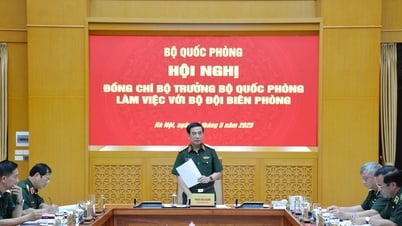

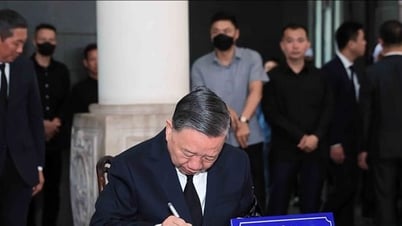
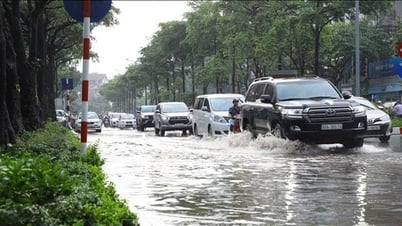

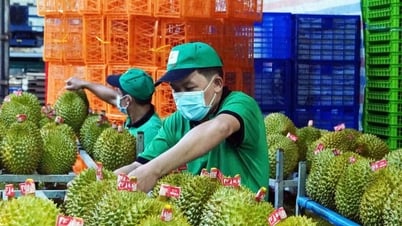










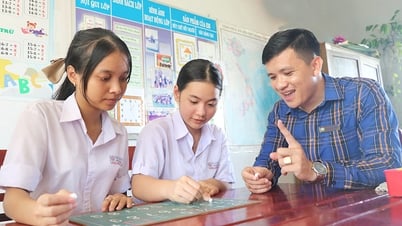
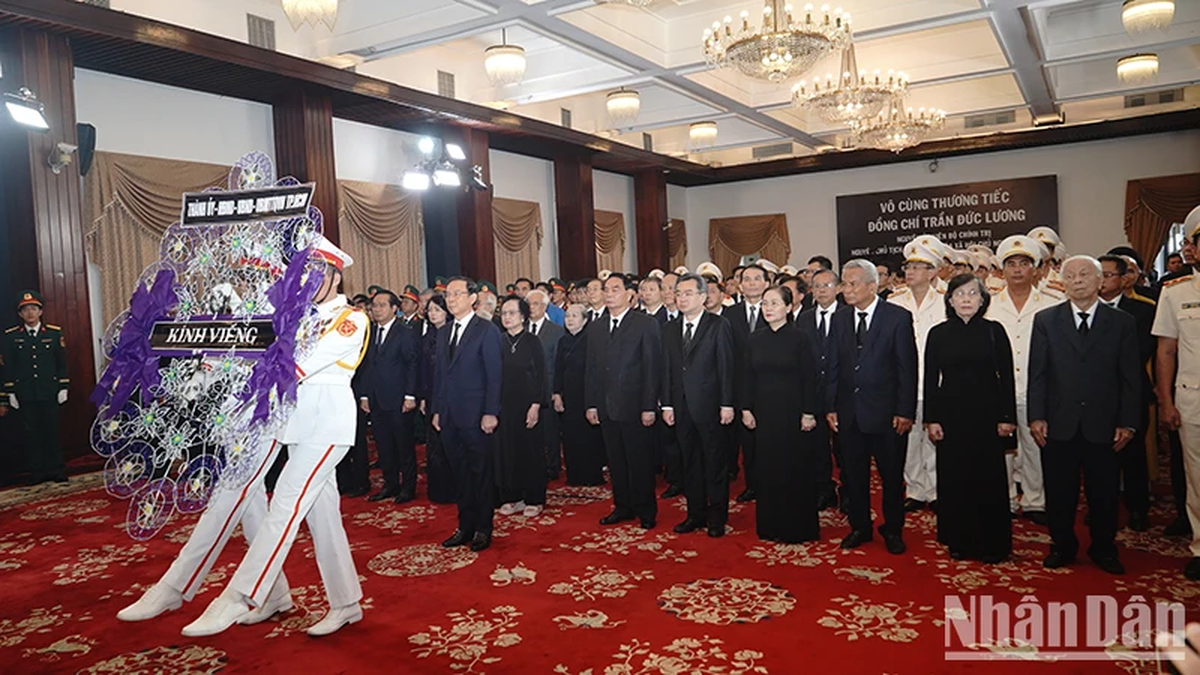
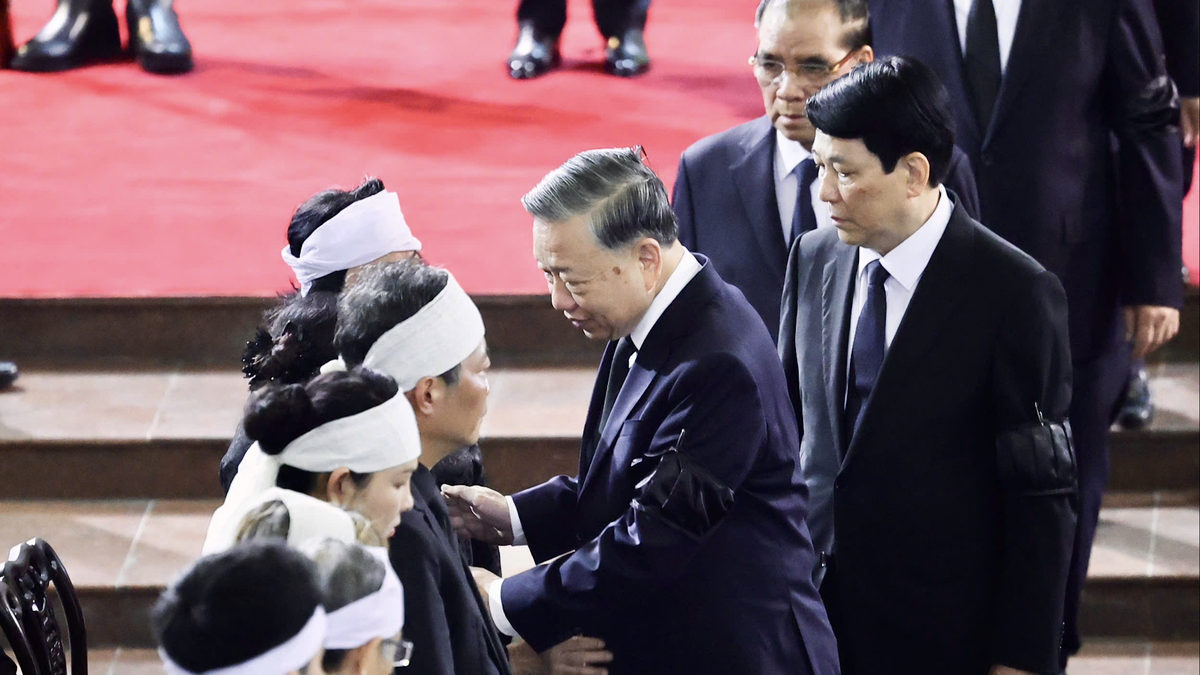




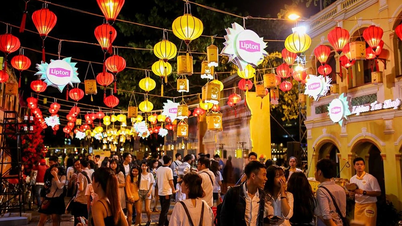

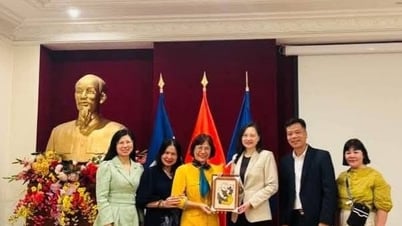

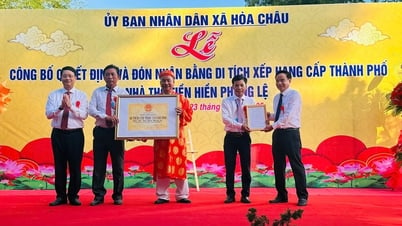





















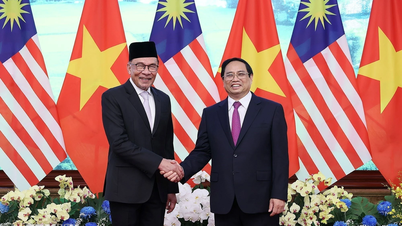

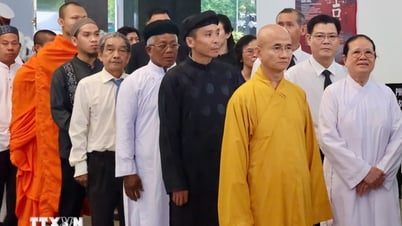
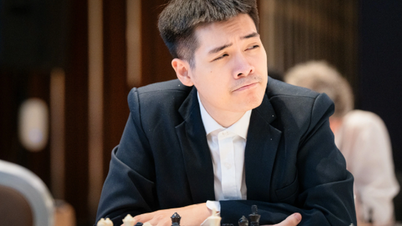
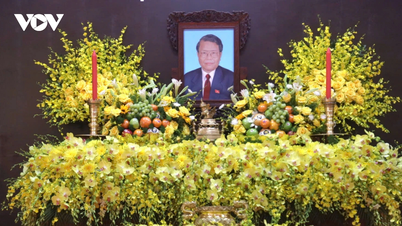
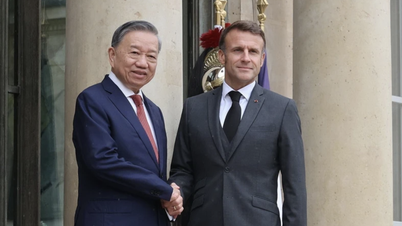
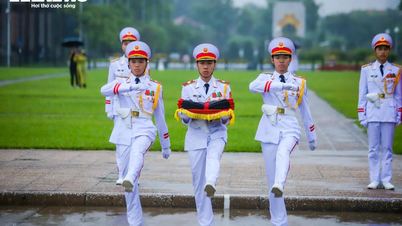








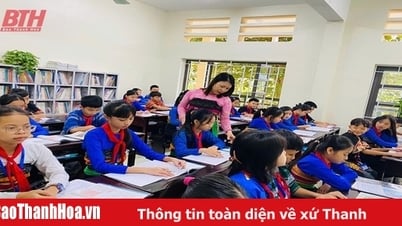

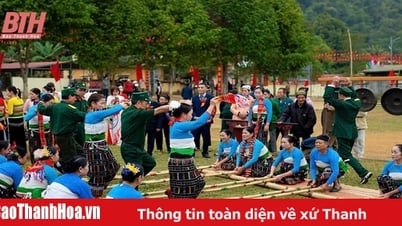
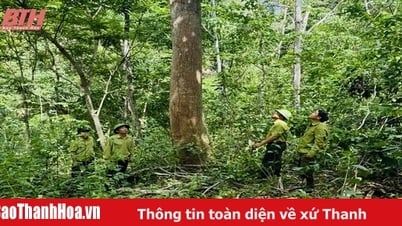
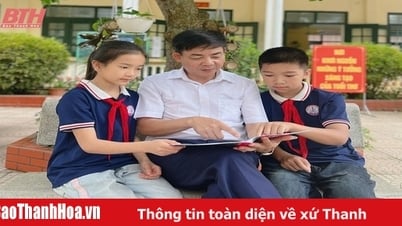


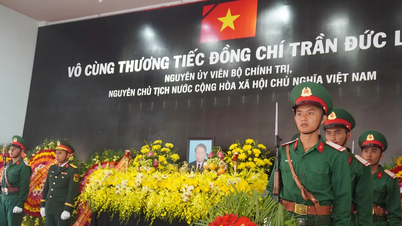













Comment (0)